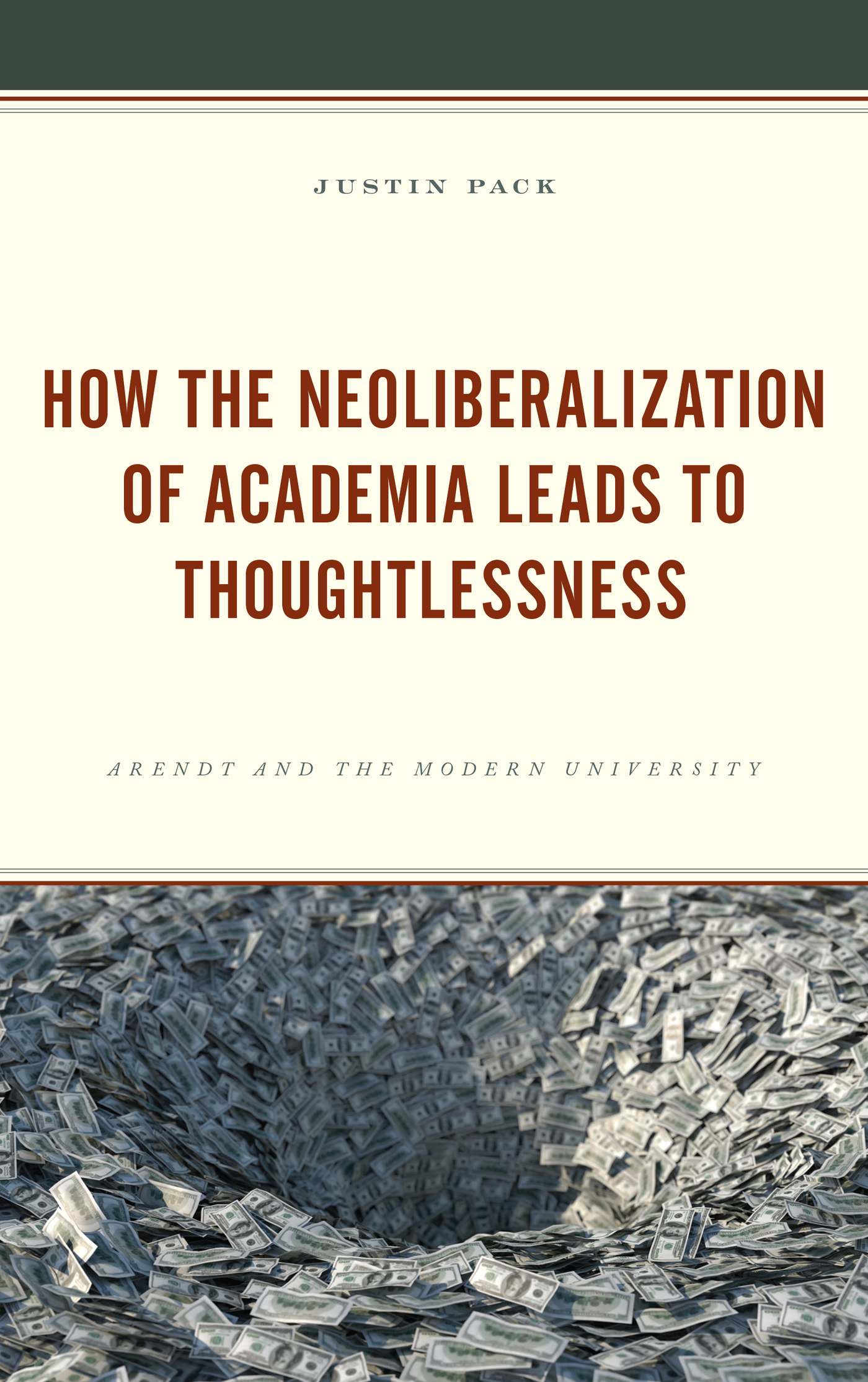How the Neoliberalization of
Academia Leads to Thoughtlessness
How the Neoliberalization of
Academia Leads to Thoughtlessness
Arendt and the Modern University
Justin Pack
LEXINGTON BOOKS
Lanham Boulder New York London
Published by Lexington Books
An imprint of The Rowman & Littlefield Publishing Group, Inc.
4501 Forbes Boulevard, Suite 200, Lanham, Maryland 20706
www.rowman.com
6 Tinworth Street, London SE11 5AL, United Kingdom
Copyright 2018 by The Rowman & Littlefield Publishing Group, Inc.
Sections of Chapter 3 reprinted with permission from Springer Nature: Continental Philosophy Review, Pack, Justin. Arendts Geneology of Thinking. April 2016.
All rights reserved. No part of this book may be reproduced in any form or by any electronic or mechanical means, including information storage and retrieval systems, without written permission from the publisher, except by a reviewer who may quote passages in a review.
British Library Cataloguing in Publication Information Available
Library of Congress Cataloging-in-Publication Data Available
ISBN 978-1-4985-8479-1 (cloth : alk. paper)
ISBN 978-1-4985-8480-7 (electronic)
 TM The paper used in this publication meets the minimum requirements of American National Standard for Information Sciences Permanence of Paper for Printed Library Materials, ANSI/NISO Z39.48-1992.
TM The paper used in this publication meets the minimum requirements of American National Standard for Information Sciences Permanence of Paper for Printed Library Materials, ANSI/NISO Z39.48-1992.
Printed in the United States of America
Chapter 1
Introduction
No Time to Think, No Space to Think
I will do anything for another line in my CV.
My colleague says this with his eyebrows raised in a way that further communicates that while he knows this is absurd and it hurts him to admit it, but what else can he do now that this is the game he is playing?
His partner leans over and raises her eyebrows in a similar way. He will. Seriously. He will do anything. Her look expresses both pity and humor but also a bit of alarm. The job market is around the corner and the closer it gets the more frantic he feels.
Universities across the United States have committed to a process of neoliberalization that is radically altering higher education: they are increasingly being run like a business. As a result, the university is becoming less and less a place of wonder, self-cultivation, and thinking, and instead is becoming more and more a place to specialize, strategize, produce, and profit. The neoliberal university has become an institution to baptize students into the waters of efficiency, to initiate them into the massive modern machinery of production, to teach them not only how to come out ahead but to love the competition. Sink or swim, publish or perish, triumph and win: there is no longer time to think and to wonder.
This changes the entire atmosphere of the university. Students are increasingly finding themselves in a field of strategic action in which they are challenged to rise above the competition. Neoliberal business values encourage this brave new world of frenzied production and reward those who thrive in it. As more students enter undergraduate and graduate programs, the competition for entry becomes more intense: GPAs must be better, SAT and GRE scores must be higher, rsums must have more impressive extracurricular activities, and all this must be done faster because schools are raising tuition and student loans are piling up. This means, of course, that the students have a divided gazeone eye to their grades and their rsum, one eye to the material they learn. Those who do not act strategically risk falling behind in the race. The pressure is immense. Those who learn to invest their souls in the game and thrive in the competition rise to the top.
I am invoking contradictory language here on purpose. On the one hand, the neoliberal university is constantly seeking for ways to ratchet up the speed of academia: more efficiency, more production, more competition, better results. This creates immense and potentially crushing pressures on both students and faculty. But neoliberalism also rearticulates these pressures as the demands of a fulfilling and self-affirming career and rewards those who can find meaning, purpose, and freedom in the battles of capitalism. Neoliberalism doesnt just reward production, it rewards those who love to produce. This creates an odd situation in which students and faculty have ever more work placed upon them, but is simultaneously encouraged to see these pressures as enabling, stimulating and even freeing. While my concern is about how these pressures result in a pervasive and disturbing thoughtlessness and thus I will stress the danger of these changes, for many immersed in these new competitive games these changes are not dangerous but progress! There is thus a double danger: the depth of the danger is hidden in the rhetoric of progress, profit, and freedom. I will attempt as I write to preserve a sense for the deep tension between the potentially crushing pressures of neo-liberal academia and the self-affirming rewards for those that can thrive under these pressures.
The strategies for academic success are legion and omnipresent. There are books and expensive courses that teach the strategies that guarantee higher scores on standardized tests. There are classes on time management. There are counselors that can help you plan coursework and create an efficient timeline. There are presentations on how to succeed in college. Students learn to economize: how to maximize their scores on papers and tests they may or may not have had enough time to write or study for. How to multitask. Which professors grade easier and which grade harder. Which are the most demanding classes and which not so much. Which websites have good summaries of texts and clear explanations of concepts. Which websites have the best essay writing services? These strategies vary depending on circumstance and discipline and the kinds of hoops that must be jumped through. Some strategies are more obvious and known to most. Others are less obvious. Some, such as BSing through test questions that one does not know, are so common they are expected (and often funny when wrong). Others are less known and perhaps even dishonest. Some students may not pay attention to all the potential strategies, but they are everywhere nonetheless, so much so that one runs into them just being about on campus. For example, recently while walking across campus between classes I overheard a student giving a friend advice as they walked in front of me about how to succeed in a humanities course. The secret, he confided, was to produce the best paper possible on the first paper assignment. If the teacher was impressed by this first assignment, this impression would color the grading of all the assignments that followed. Thus, once this original good impression has been managed, less effort can be given on future papers while still obtaining the needed returns. The student then added that because the humanities are not objective one can take advantage of the subjectivity of the teachers and materials.
While this is disingenuous and manipulative, it is not cheating. It is not in violation of any policies of academic honesty. It is a strategic action, aimed at efficiently and effectively maximizing ones grade, while minimizing ones effort.
Key to all such strategies is impression management. No one likes to know they are being manipulated. No one likes being the target of a strategy. Thus the strategizer must also be a good actor. The more academia becomes saturated with strategies the more all the academic world becomes a stage.
Next page
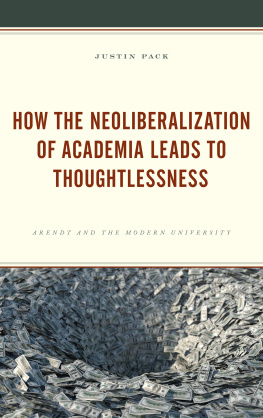
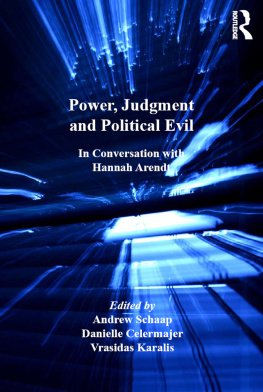
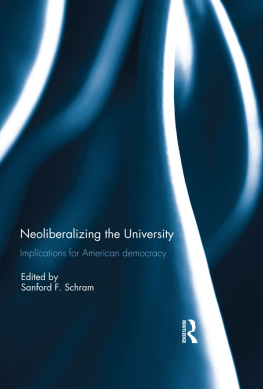
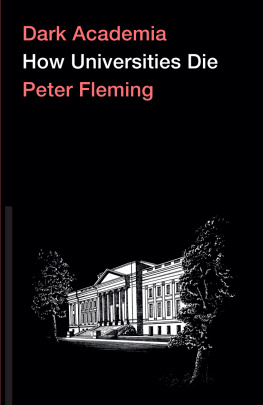
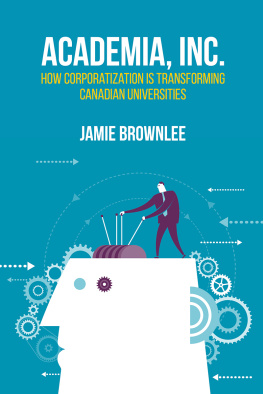

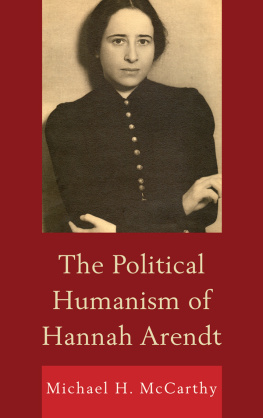





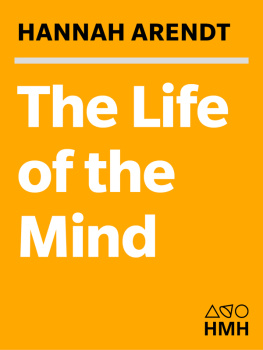
 TM The paper used in this publication meets the minimum requirements of American National Standard for Information Sciences Permanence of Paper for Printed Library Materials, ANSI/NISO Z39.48-1992.
TM The paper used in this publication meets the minimum requirements of American National Standard for Information Sciences Permanence of Paper for Printed Library Materials, ANSI/NISO Z39.48-1992.